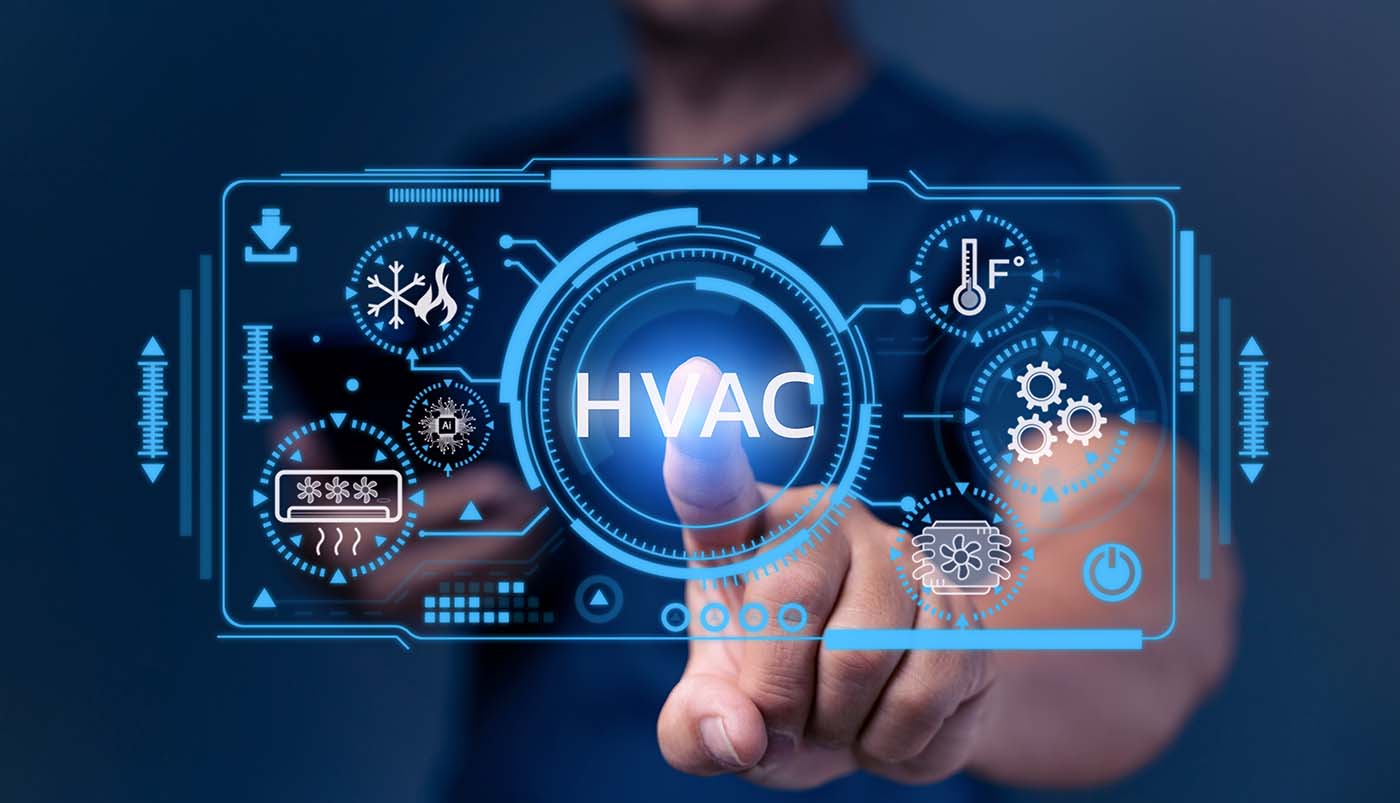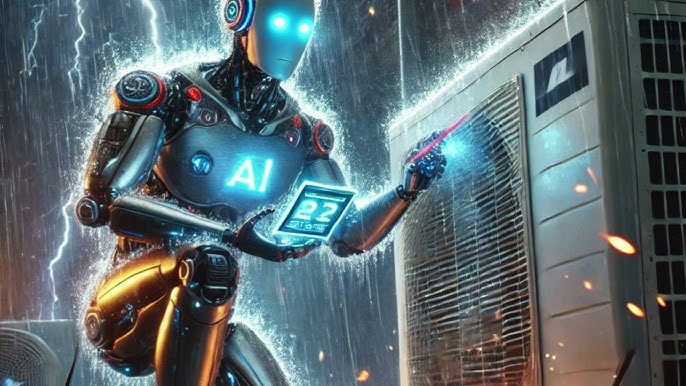The integration of AI in various sectors has revolutionized operational methodologies, and the HVAC (Heating, Ventilation, and Air Conditioning) industry is no exception. Understanding the benefits of AI in HVAC systems is crucial for professionals who aim to enhance efficiency, reduce costs, and improve sustainability. In this article, we will explore how AI is transforming HVAC systems, making them smarter and more efficient.

Introduction to AI in HVAC Systems
The implementation of Artificial Intelligence in HVAC systems signifies a leap towards intelligent climate control solutions. AI algorithms can process vast amounts of data to optimize HVAC performance, ensuring comfort and energy efficiency.
Energy Efficiency and Cost Reduction
One of the significant benefits of AI in HVAC systems is the enhancement of energy efficiency. By analyzing data patterns, AI systems can predict and adjust energy usage, significantly reducing operational costs. This leads to substantial savings for both residential and commercial properties.
Smart Thermostat Integration
AI-enabled smart thermostats learn user preferences and adjust temperatures accordingly. This not only maintains comfort but also optimizes energy consumption. Over time, these adjustments result in lower energy bills.
Predictive Maintenance
AI in HVAC systems facilitates predictive maintenance by identifying potential issues before they become critical. This proactive approach minimizes downtime and extends the lifespan of HVAC components, reducing maintenance costs.
Enhancing Indoor Air Quality
The integration of AI allows HVAC systems to continuously monitor and adjust to ensure optimal indoor air quality. AI sensors detect pollutants and allergens, adjusting ventilation rates automatically to maintain healthy air standards.
Remote Monitoring and Control
AI technology enables remote monitoring and control of HVAC systems, providing users with the ability to adjust settings from anywhere in the world. This flexibility ensures that systems operate efficiently, even when the user is away, contributing to energy savings.
Data-Driven Decision Making
AI systems gather and process data to offer insights into HVAC performance. These insights help in making informed decisions about system upgrades and maintenance schedules, optimizing overall system performance.
Reducing Carbon Footprint
By optimizing energy use and improving efficiency, AI-powered HVAC systems contribute to a reduction in carbon emissions. This aligns with global efforts to combat climate change and promotes sustainable living practices.
Case Studies and Real-World Applications
Real-world applications of AI in HVAC systems demonstrate significant improvements in efficiency and cost savings. For example, companies utilizing AI have reported up to a 30% reduction in energy consumption, showcasing the tangible benefits of this technology.
Challenges and Considerations
Despite the numerous benefits, the integration of AI in HVAC systems presents challenges such as initial setup costs and the need for skilled personnel to manage AI systems. However, the long-term benefits often outweigh these initial hurdles.
The Future of AI in HVAC Systems
As AI technology continues to evolve, its application in HVAC systems will become even more sophisticated, offering enhanced capabilities and greater efficiency. Future developments may include more advanced predictive algorithms and integration with smart home systems.
Integration with IoT Devices
The Internet of Things (IoT) plays a crucial role in the future of AI in HVAC systems. By connecting various devices, IoT enhances communication and data sharing, improving system efficiency and user experience.
Regulatory and Compliance Factors
With the advancement of AI technologies, ensuring compliance with regulatory standards is essential. This includes adhering to energy efficiency standards and maintaining data privacy and security.
Conclusion
The benefits of AI in HVAC systems are manifold, from energy efficiency and cost savings to improved indoor air quality and reduced carbon footprints. As AI technology continues to progress, its application in HVAC systems will become increasingly integral to achieving sustainable and efficient building management.

FAQs
How does AI improve HVAC efficiency?
AI improves HVAC efficiency by optimizing energy consumption through smart algorithms and predictive maintenance, leading to lower operational costs and enhanced system performance.
What are the cost implications of implementing AI in HVAC systems?
While the initial setup costs can be high, the long-term savings on energy and maintenance often justify the investment in AI technology for HVAC systems.
Can AI in HVAC systems help reduce carbon emissions?
Yes, by optimizing energy use, AI-powered HVAC systems contribute to a reduction in carbon emissions, supporting global efforts to combat climate change.
For more insights on how AI is transforming various sectors, visit timing verification, shift-related errors, and thermal imaging in HVAC systems. Additionally, for scientific insights, refer to ScienceDirect or explore AI models on Lumenalta.
This article contains affiliate links. We may earn a commission at no extra cost to you.
